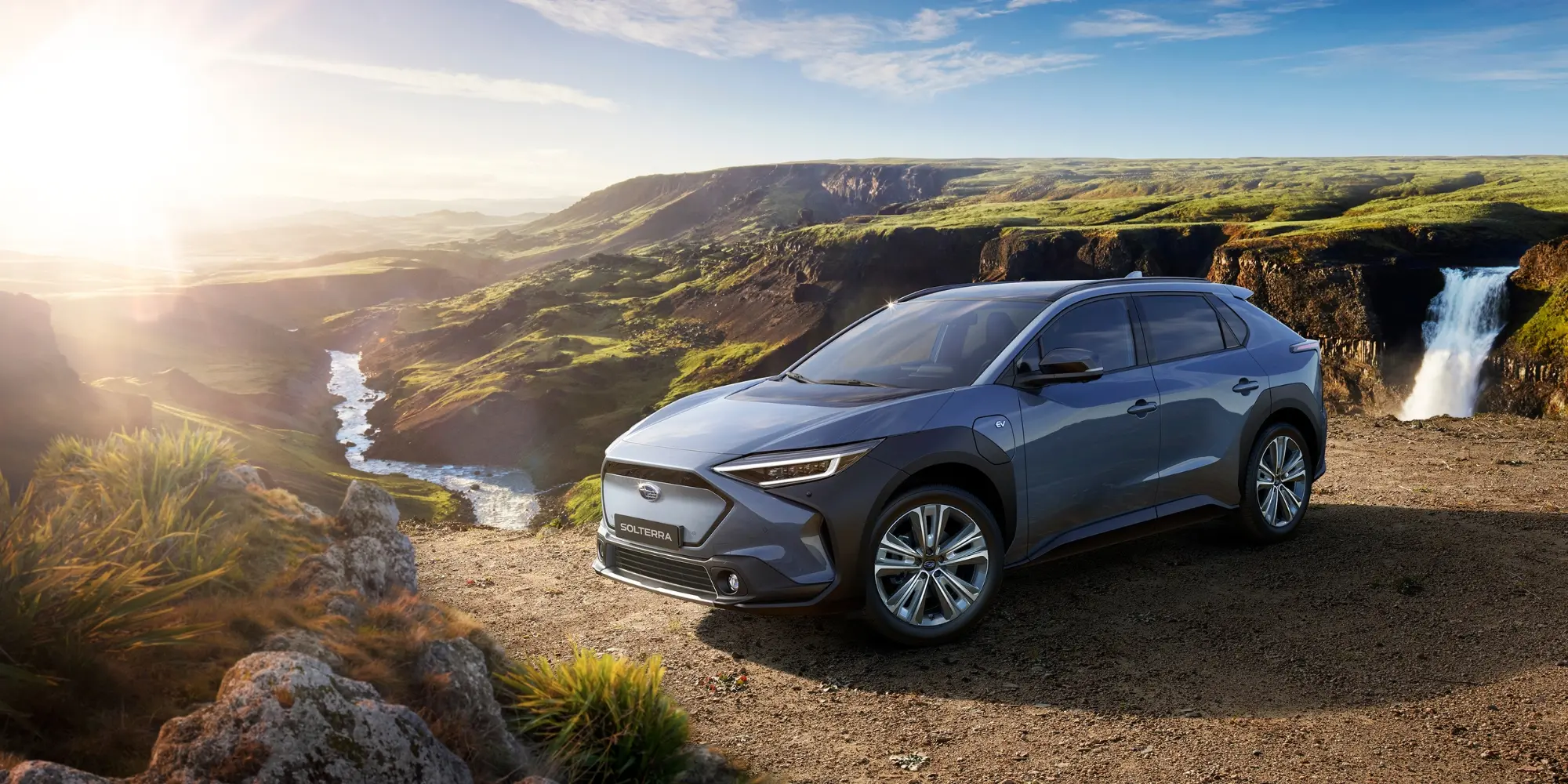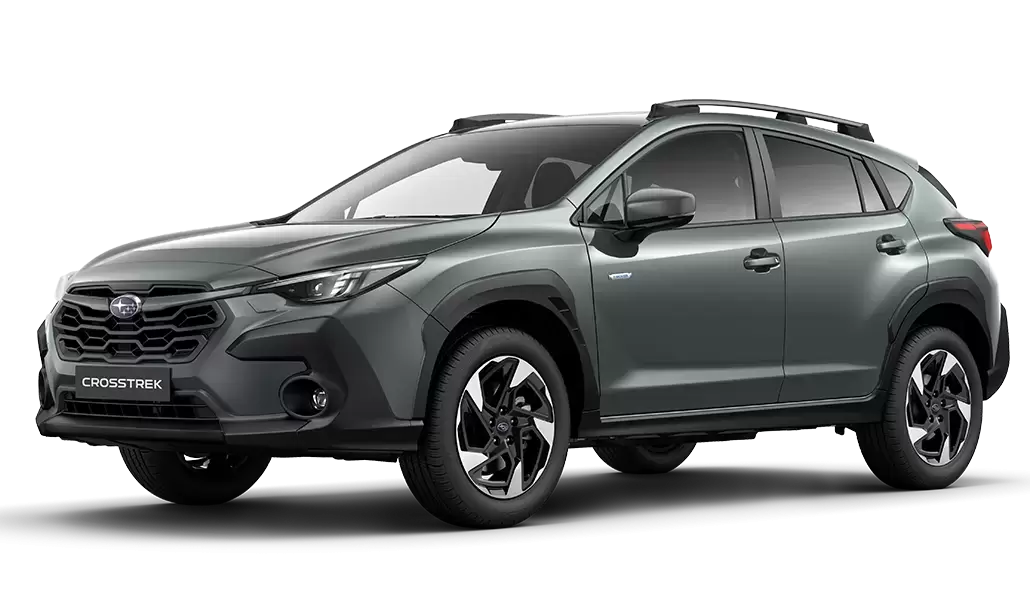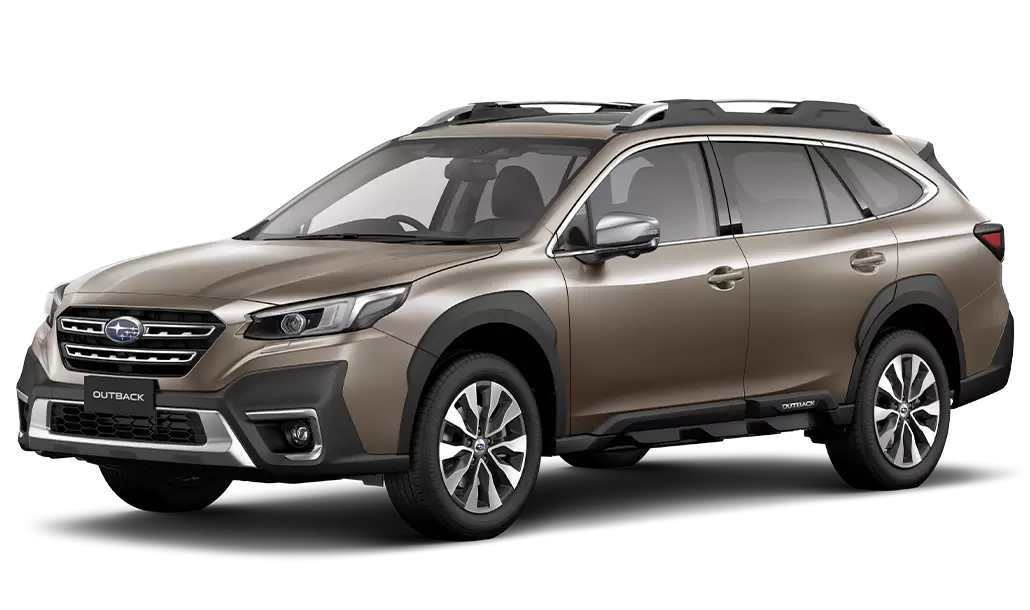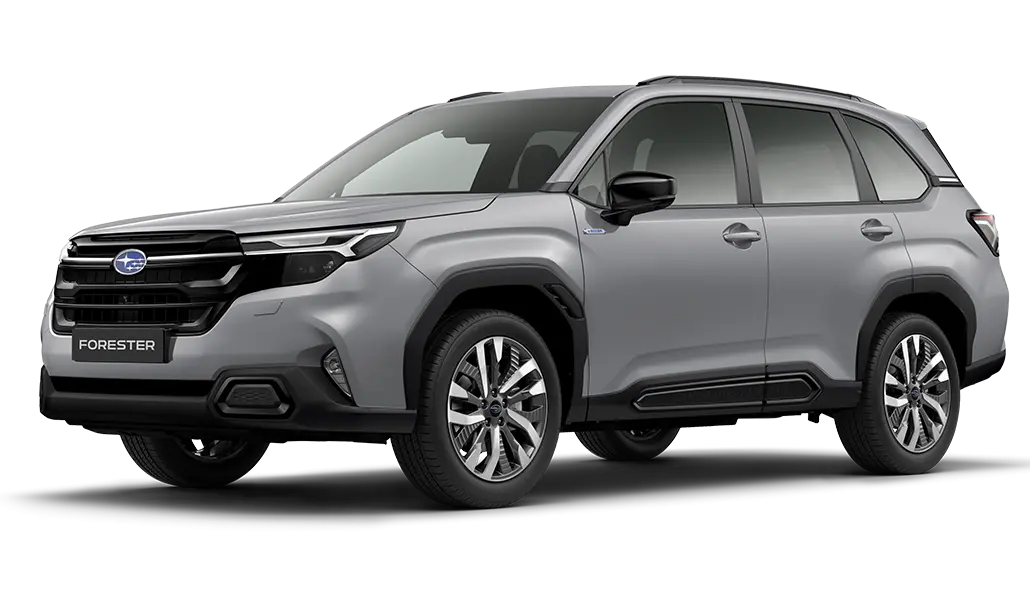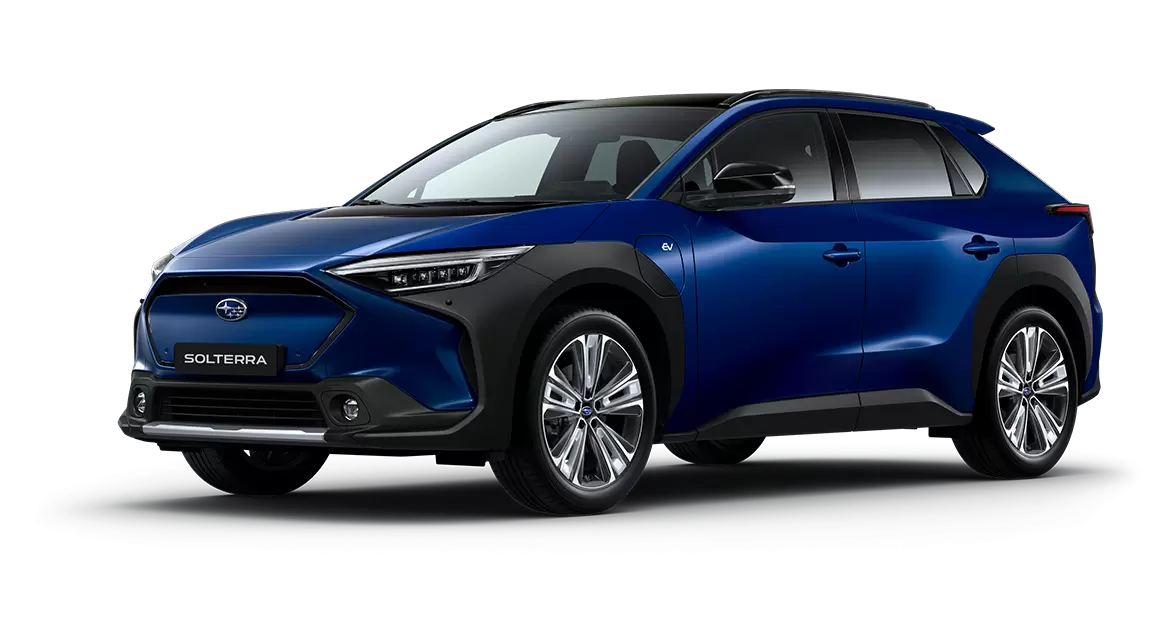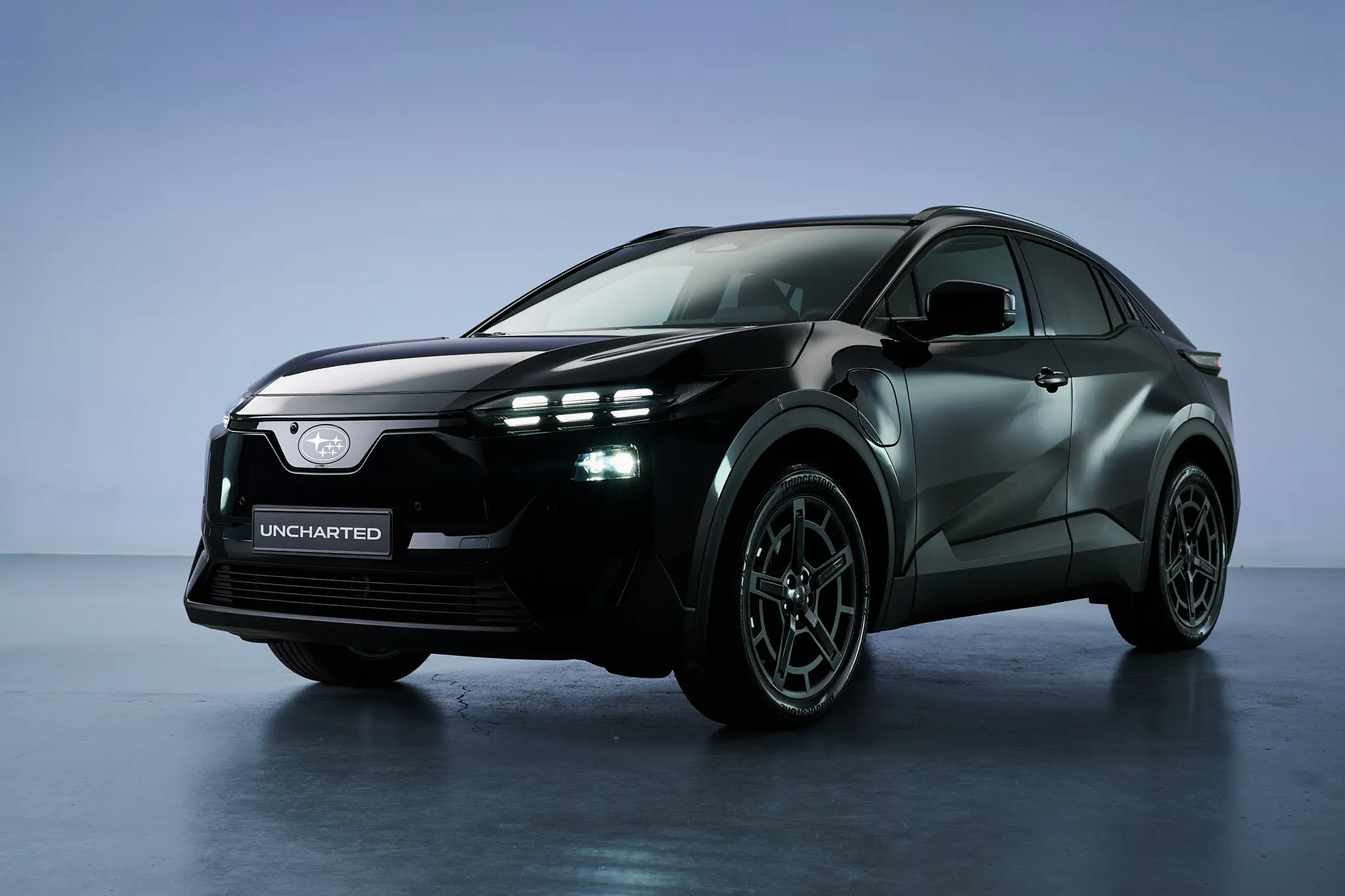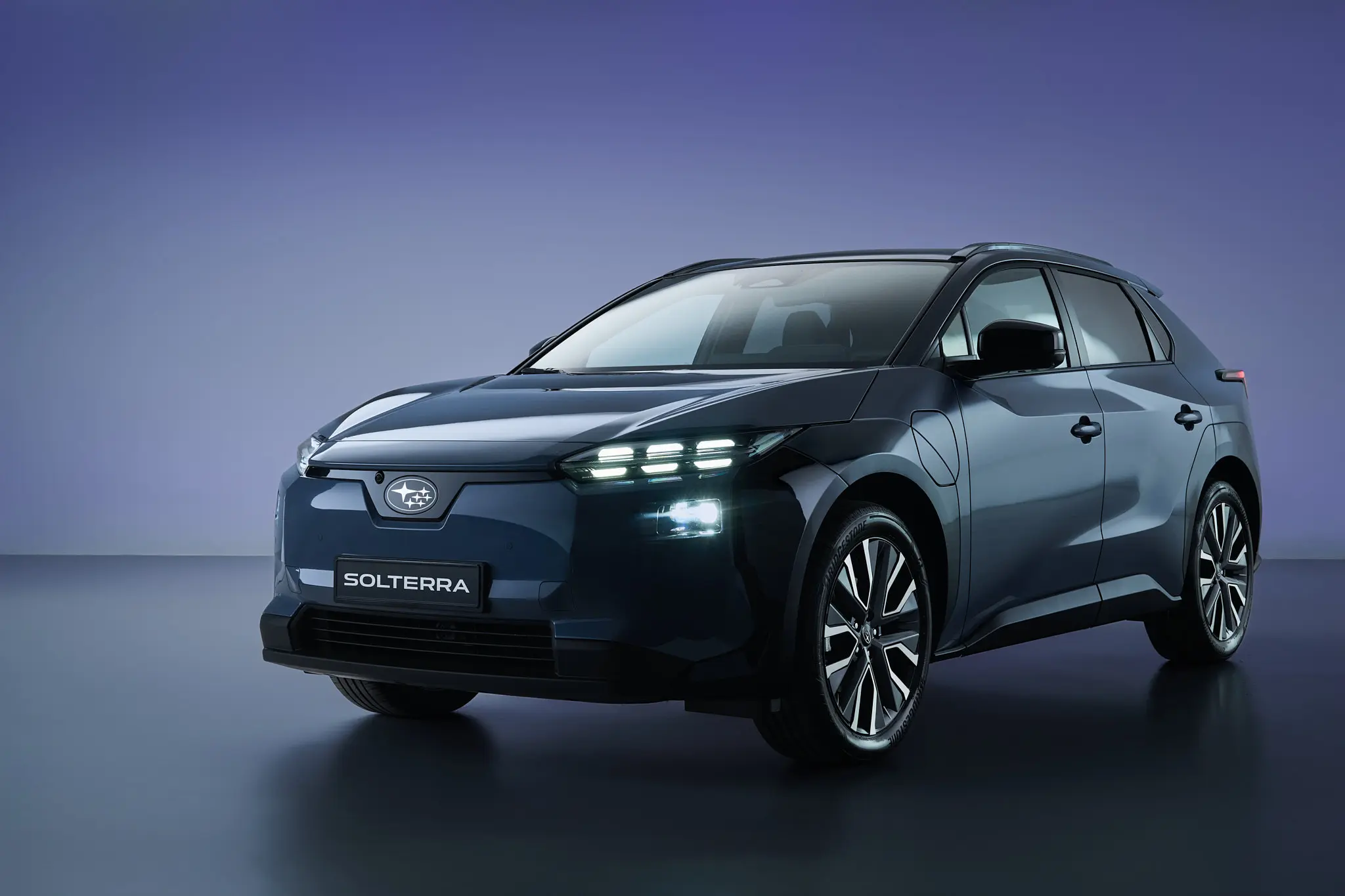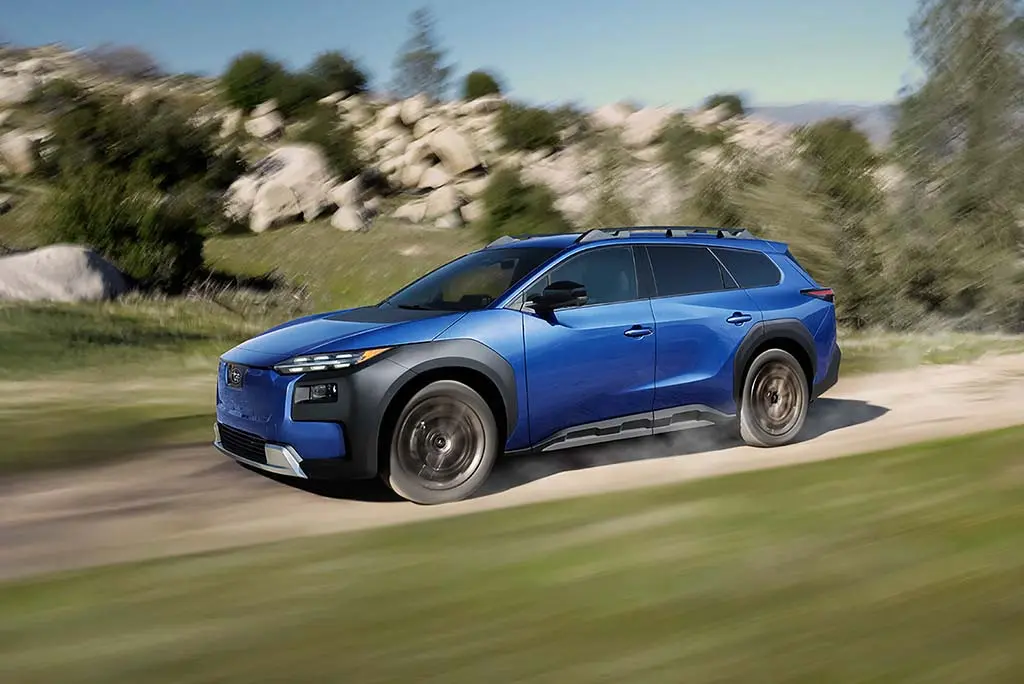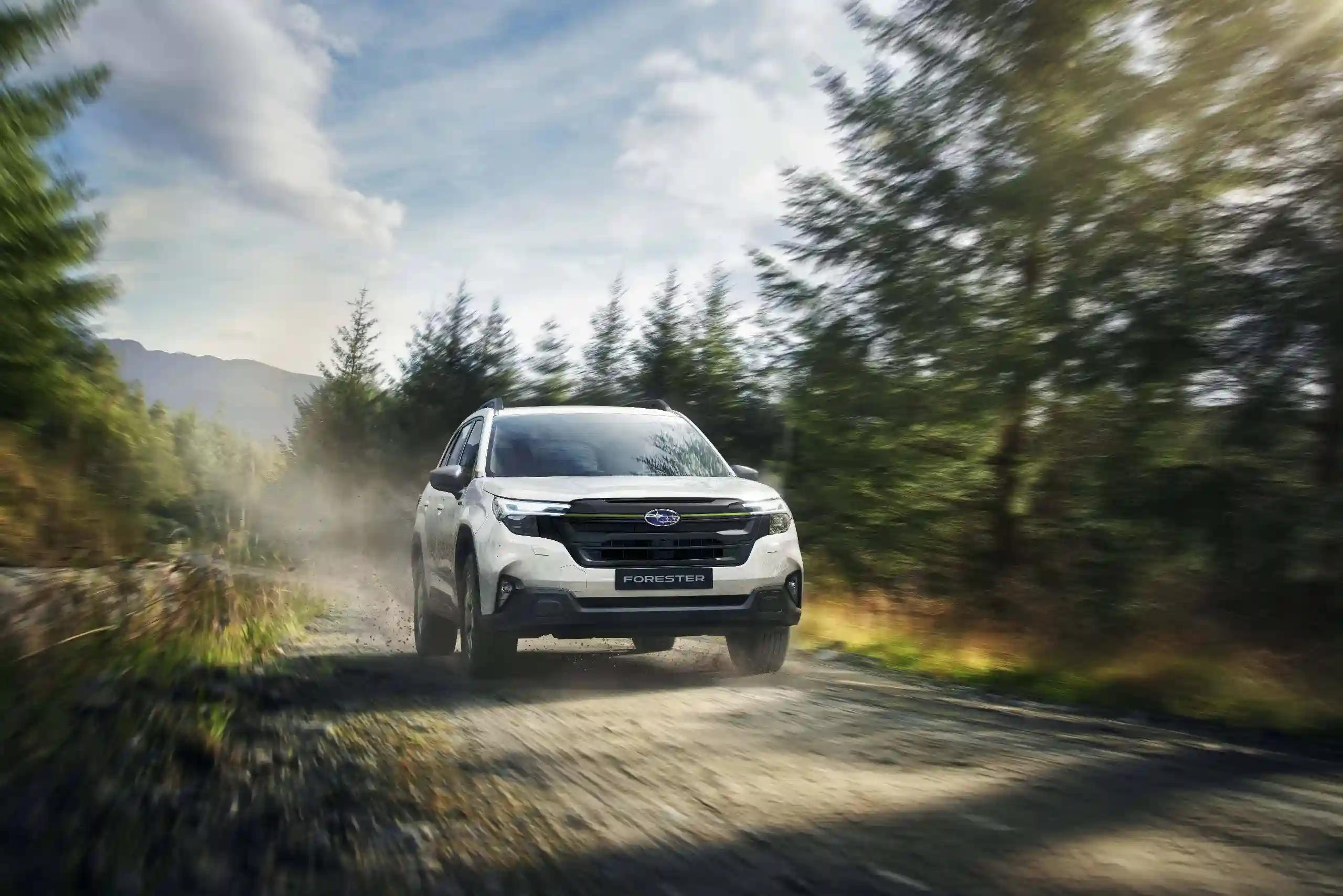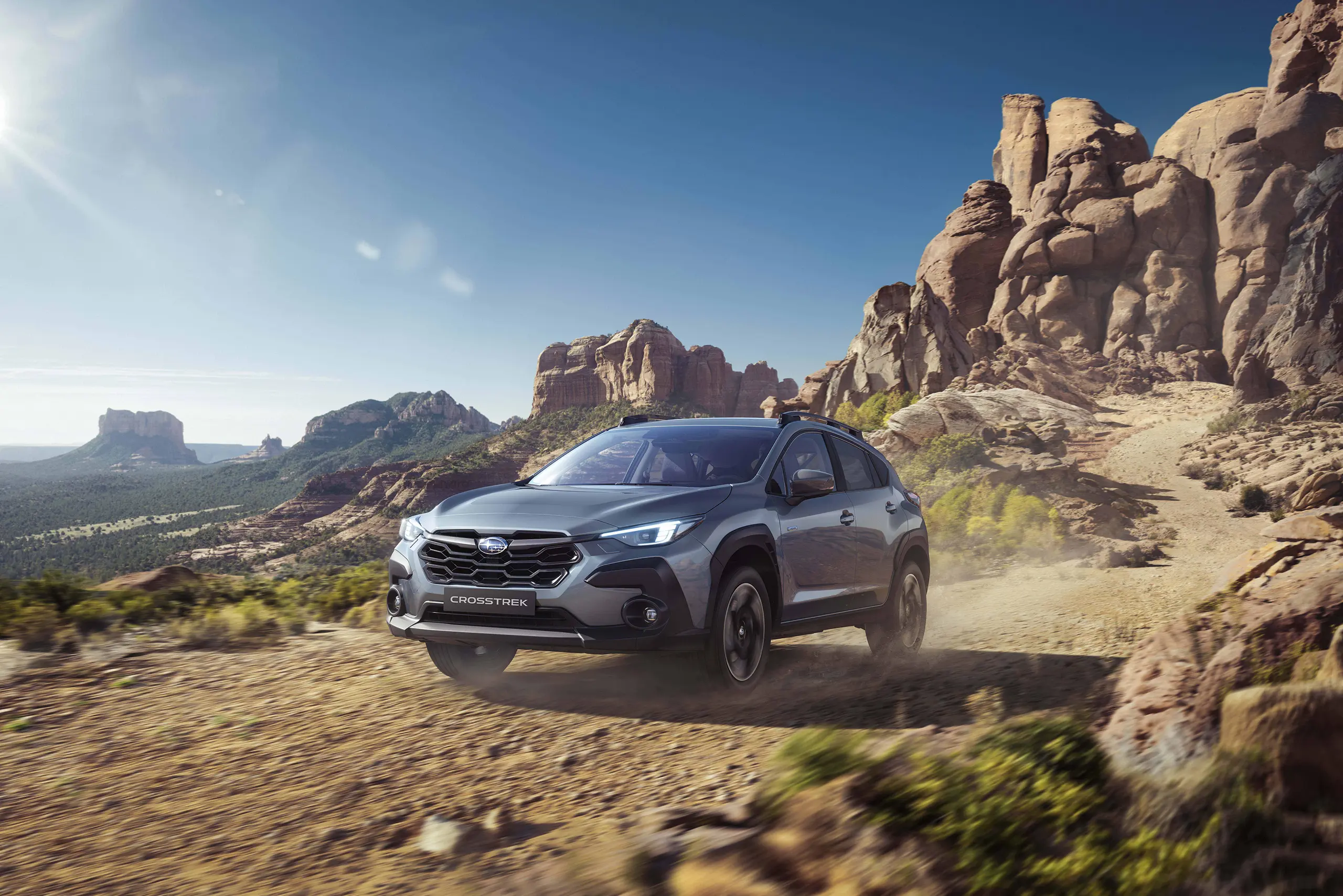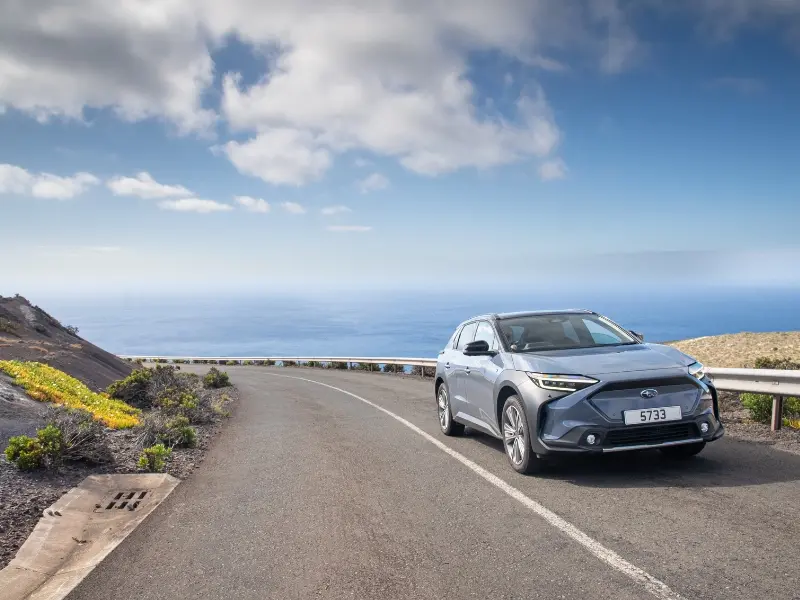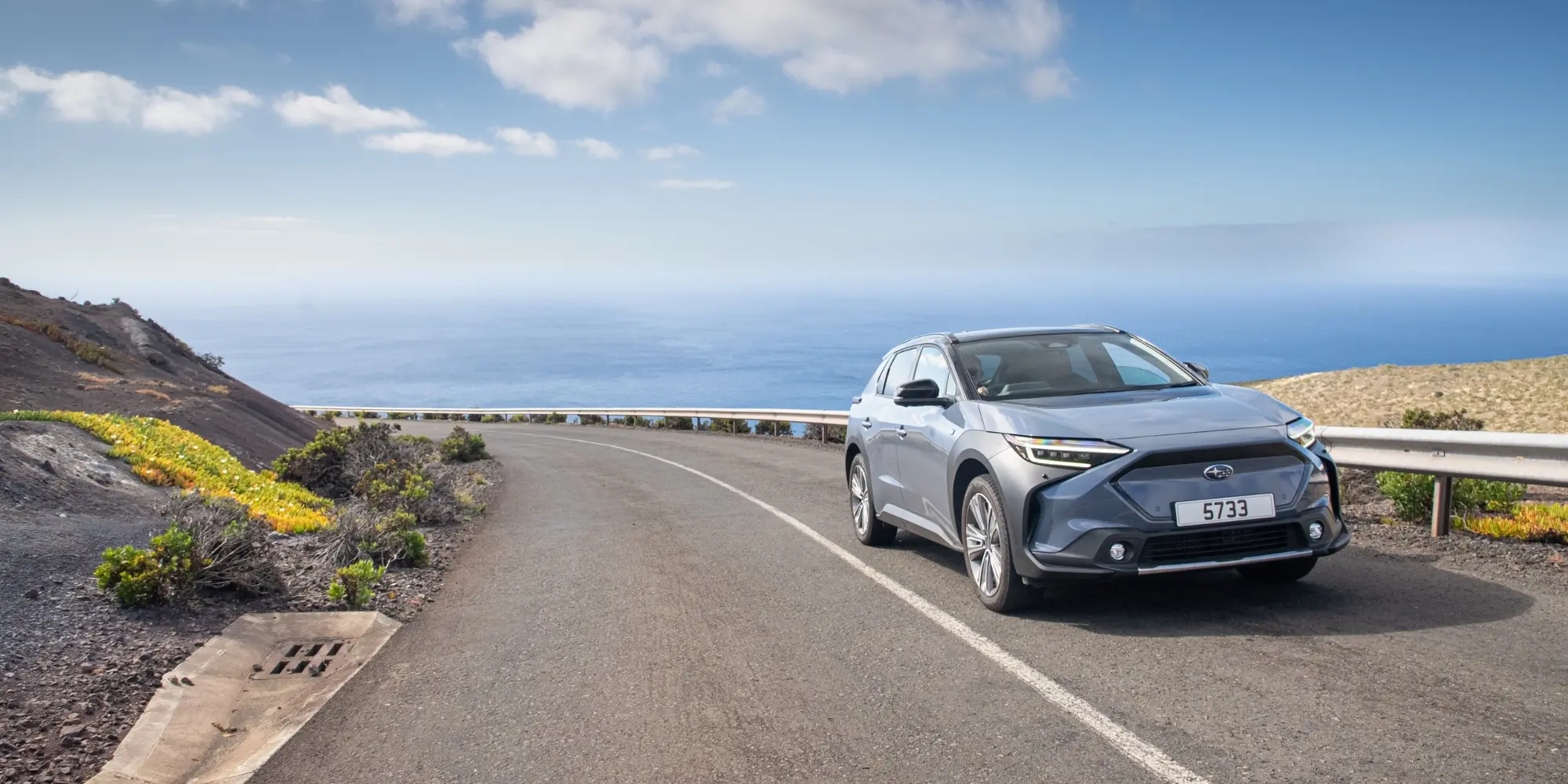Key takeaways:
- The time it takes to charge an electric car depends on the type of charge, where you charge your EV and the battery size of your electric car.
Knowing how long it takes to charge an electric car will not only help you choose the right EV, it will also give you insight into the lifestyle and costs of owning one! The time it takes to charge an EV battery depends on a few factors, like battery size and the location. We have all of this information for you below. Take a look.
How long does it take to charge an electric car?
The time it takes to charge an electric car can vary from 30 minutes to over 24 hours, depending on the battery size, charging point, and other factors:
The total time it takes to charge an electric car can vary. With some chargers, it will take as little as 30 minutes, like the rapid chargers at service stations. At home, however, charging could take up to 24 hours.
How long it takes to charge an electric car also depends on the battery size, weather conditions, the charging point and more. Read on to find out.
7 Factors that affect charging speed for electric cars
To know how long it takes to charge an electric car, there are 7 factors you will need to consider. These are:
- Battery size
Of course, a larger battery will take longer to charge than a smaller one. Depending on the size, this could be hours of difference.
- Empty vs full battery
Topping up your car battery and fully charging it are two different scenarios. Fully charging a car could take up to 24 hours, whereas topping up may only take a couple.
- Charging point
There are charging limits that limit the speed of charging and this varies per charging point. According to AutoCar, a 7kW charger for your home can charge a 60kWh battery in 8 hours. This differs from a 350kWh that you could find at a service station which can charge a car to 80% in just over 20 minutes.
- Max charging rate of your electric vehicle
One of our Subaru experts advises, “Most electric vehicles have a maximum rate at which they can charge so using a higher kW charger won’t make your EV charge any faster. It’s a good idea to know the maximum charge rate before purchasing your EV.”
- Cold weather takes longer to charge
Cold weather can make charging your EV a little slower – this is especially true when using a rapid charger. Not to mention, electric cars will use more energy in cold weather, making them slightly less efficient. This could mean they need to be charged more often.
- Charging from a main power outlet
How fast an electric car will charge depends on the power outlet. Using a 3-pin electric charger plug can mean slower charging. These power outlets give 3.7kW, meaning it can take longer to charge your EV.
- Charging location will affect how long it takes to charge your car
Many charging stations offer 50kW rapid charging so you can top up your electric car battery in 30 minutes. At home and work, you’ll likely have a regular 7kW electric charger which will gradually charge your car over the period of a few hours. You can charge an electric car at home, at a public charging station, or at your workplace.
How fast do electric cars charge?
How fast an electric car can charge will depend on the type of charger you’re using.
Rapid chargers (43-50 kW or 150kW) are the quickest way to charge your electric vehicle. It can take anywhere from 40 minutes to 2 hours. We have more on this below.
Home and work charging points (3.7kW or 7kW): Depending on the kW charger you have; domestic and work chargers will usually charge your car from anywhere between 4-21 hours
How long does it take for an electric car battery to charge at a charging station?
Charging stations vary in charging speed – a service station will offer quicker charging compared to street parking with a lamppost, for example. We have more on this below.
Slow AC chargers (7-22 kWh)
In the UK, we also have many ‘long-stay’ charging points for topping up your car. These will charge your car at a slower rate over a few hours. You can find these in lampposts for street parking, supermarkets and shopping centre car parks.
Fast DC/rapid chargers (50-350kWh)
Charging stations, like the ones found at motorway service stations, use rapid electric chargers. These are designed to recharge your car from empty to full in 30 minutes or top it up in less.
How much time does it take to charge electric car at home?
Our experts at Subaru say, “Home chargers vary from 3.7-7kW, meaning they’re designed to charge at a slower rate. For a typical 60kWh battery, you can expect to charge your car in 8 hours from empty to full with 7kW or 16 hours with a 3.7kW charger. These are cleverly designed to charge at a slower rate during your downtime and to keep energy costs down,”
Of course, the official time it takes to fully charge your car at home will vary depending on your electric vehicle and the size of its battery.
What is top up charging an electric car?
Top up charging is plugging your car in to be charged wherever you park. The benefit of top up charging is that it makes sure your car is always charged and ready to go, rather than waiting till you get home to fill the car from empty to full. Many people use supermarket electric chargers, lampposts when street parking and even office car chargers to top up their cars.
Want to know more about Subaru engineering? See our guide here. We hope this guide on the price to charge an electric car was helpful. Make sure to read our article on the benefits of an electric car to find out more about these our capable electric vehicles.
News & Stories
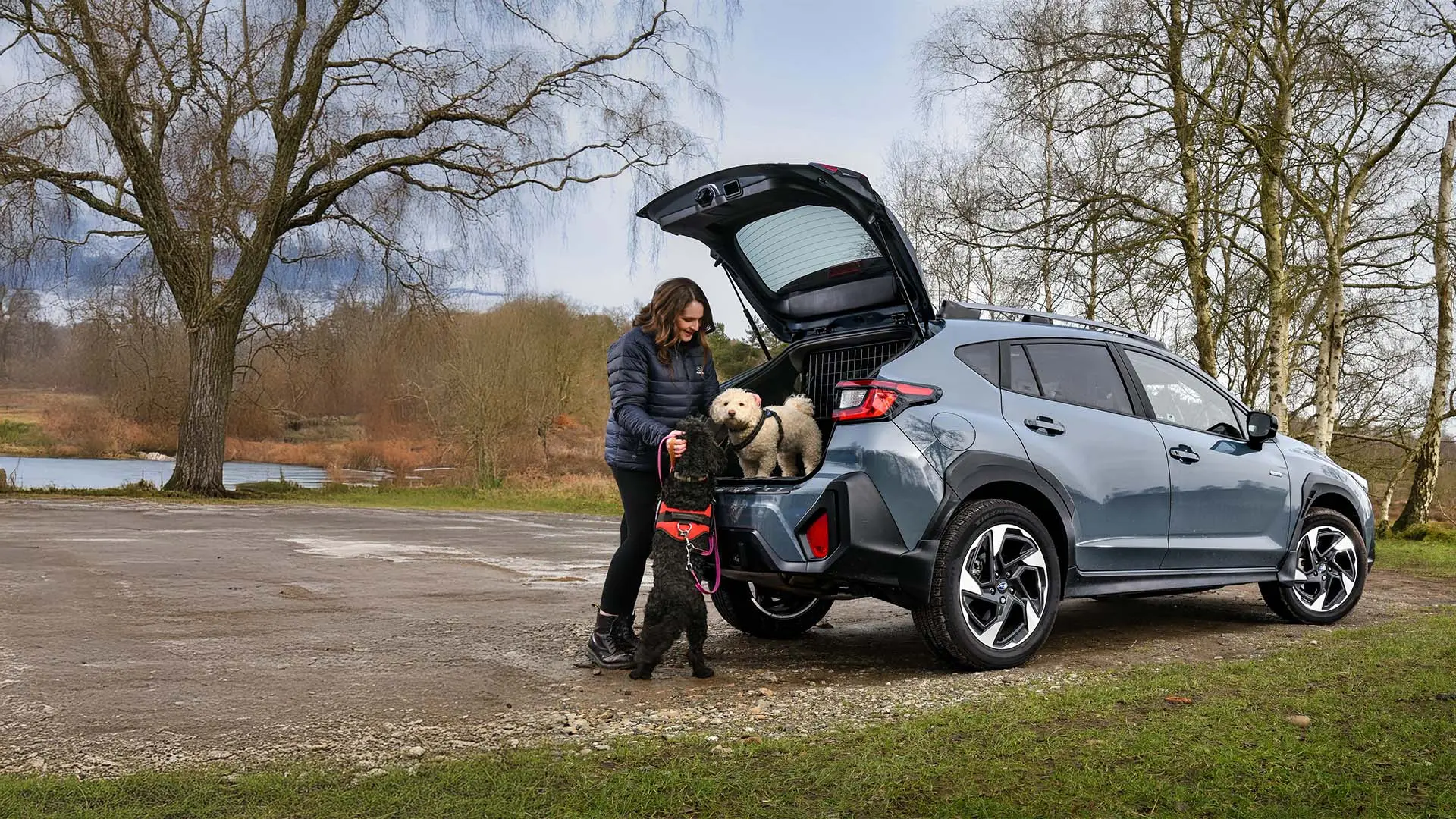
Subaru Helps Owners Travel Safer with Their Pets

Subaru UK Retailer Update and Awards 2026
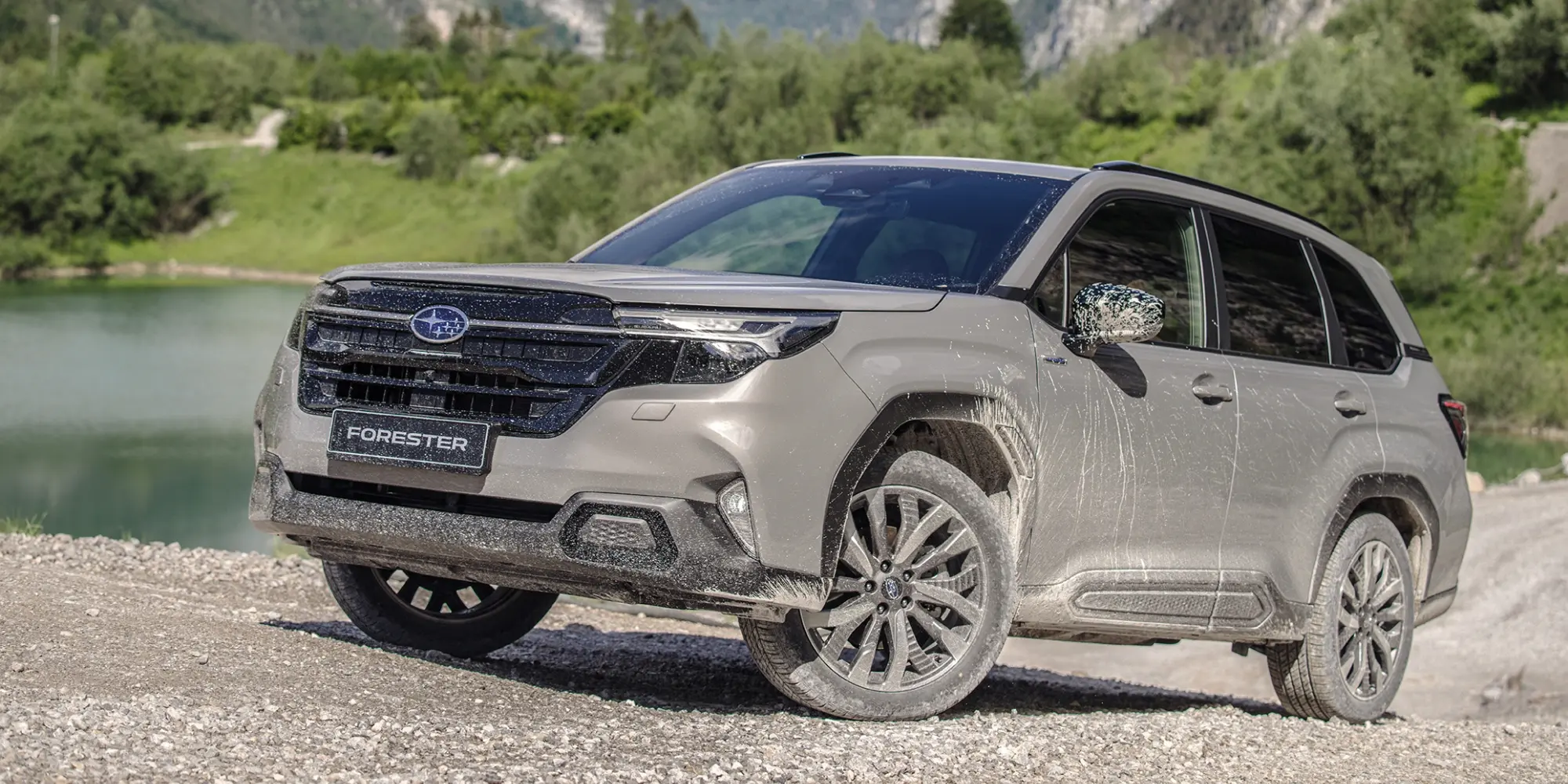
The benefits of hybrid cars

Self-charging hybrid cars: what they are & how they work
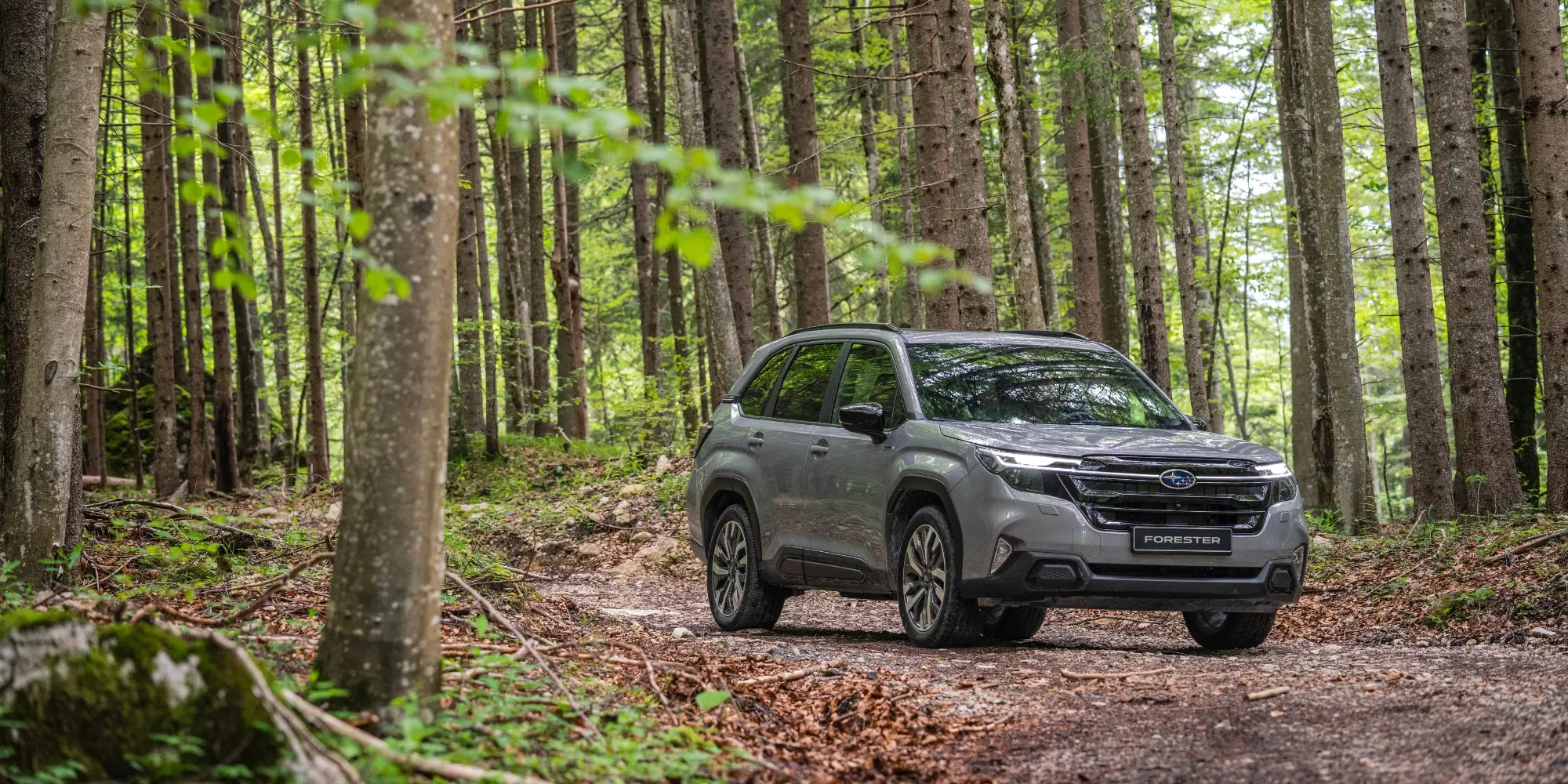
All-wheel drive cars: what they are & how they keep you safe
